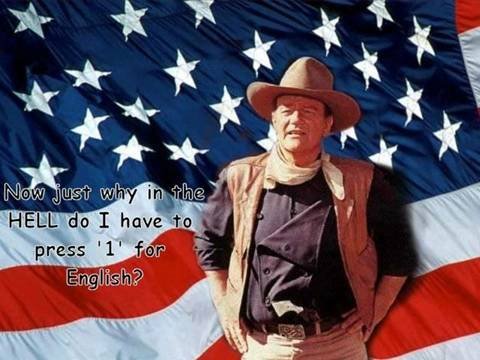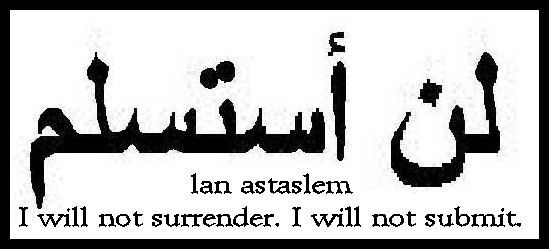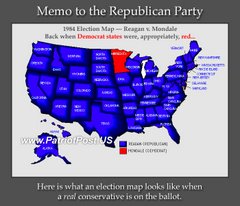Geert Wilders on Trial: Prosecutors Dump Case So What?
Reuters reports in a terse article that the Prosecution moved for dismissal on the remaining counts against Geert Wilders. It appears that they differentiate between Islam and Muslims. It is further suggested that Wilders, as a politician, has a right to discuss social problems.
Gates of Vienna has further information. Click here for the complete article, summarizing the Prosecutor's report. Links are provided to the Prosecutor's summary, in two parts.- http://www.om.nl/publish/pages/123465/summarypublicprosecutorclosingspeechgwilders_part1.pdf
- http://www.om.nl/publish/pages/123638/summarypublicprosecutorclosingspeechgwilders_part2.pdf
Part one, seven pages long, relates to the first motion to dismiss a single charge from 10/12.
If the motion is granted, and if acquittal results, and if the decision is upheld on appeal then the precedent may extend only to political office holders, not to citizens.persuade others to follow his political views. The articles on discrimination in the Dutch Criminal Code
may constitute a possible restriction of said freedom.
An element of ambiguity creeps in regarding the truth defense. Truth is not a defense but provision of substantiation must be considered.
The truth
Wilders has indicated before that he cannot be liable to punishment since what he says is the truth.The truthfulness of Wilders’ statements is by no means being judged in this trial. This is quite irrelevant
for the assessment from a criminal law perspective, since the statements concerned constitute
Wilders’ opinion. His statements, reflecting his opinion, can be assessed in order to determine whether
any provisions concerning discrimination have been violated. Pursuant to European case law, the
question whether Wilders provides (any) factual substantiation for his statements must indeed be
considered. [Emphasis added,]
Another prime tidbit emerges from the legalese.
Take careful note of the detail elucidated in the succeeding paragraph.
How will you unscramble this egg?
Read between the lines, inter alia, as they say in the UN resolutions.
Part two discusses the other charges and delves into the legislative climate.
I don't think the OIC will let that set precedent.
Dangerous ambiguity is encountered on the third page of Part 2.
Intent
The word ‘intent’ does not appear in the description of the offence in Section 137d Sr. Still, ‘instigating hatred or discrimination’ is regarded as an intentional offence. The intent requirement is contained in the word ‘instigate’.Section 137d Sr is a formal offence. This means that the possible consequence that may or may not ensue from the offence, or the likelihood of that consequence, does not determine whether the description of the offence has been fulfilled. The intent of the suspect need not concern a specific consequence or a specific likelihood of that consequence. The intent is present, if the suspect mustnecessarily have been aware of the hate-instigating nature of the expressions used. [Emphasis added.]
This gets boiled down to essence near the end of page 4. The reference is plural, to Fitna, a letter to the editor and several interviews.
There is too much legal detail in part one of the Prosecutor's summation, and I am not a lawyer. I have no doubt that this case will be appealed. By this time, lawyers for the OIC must have gone over Part 1 with a microscope, in preparation for appeals. More importantly, their analysis will certainly be reflected in future resolutions and protocols. I hope that ECLJ, Art19, IHEU and others are intensely pouring over the whole set of documents in preparation for round two.











































|